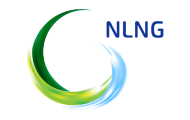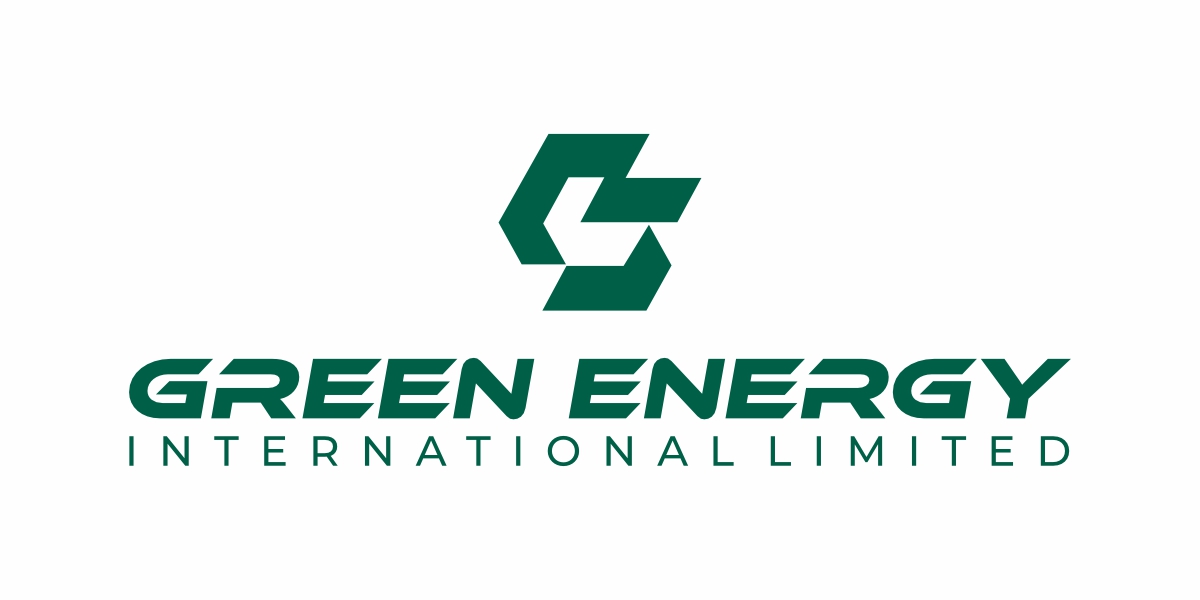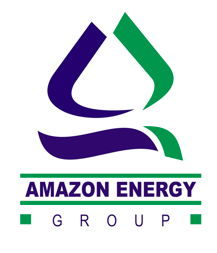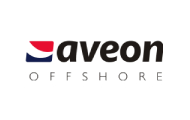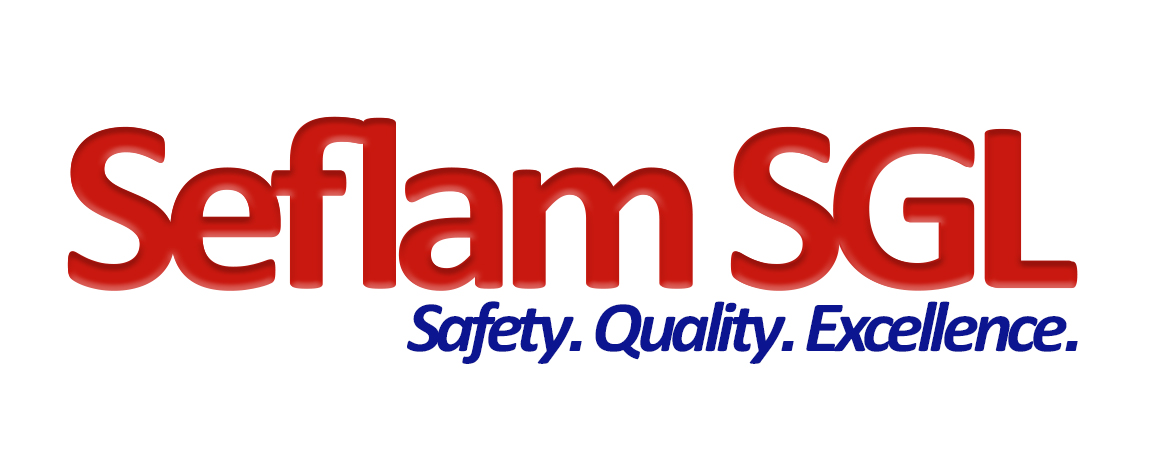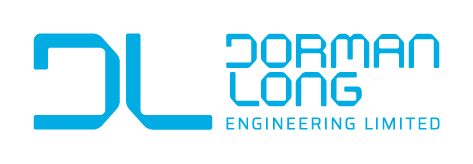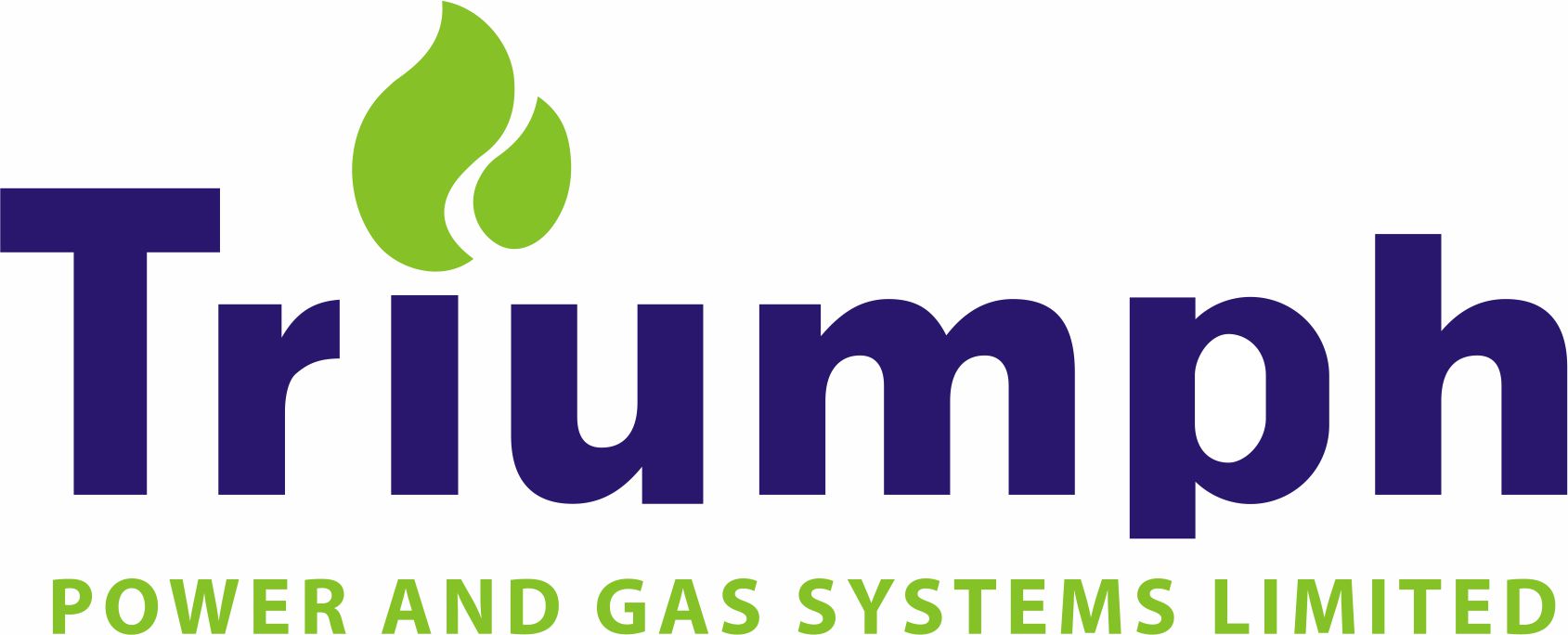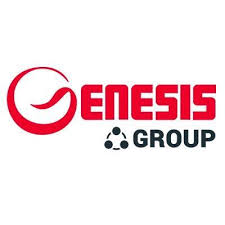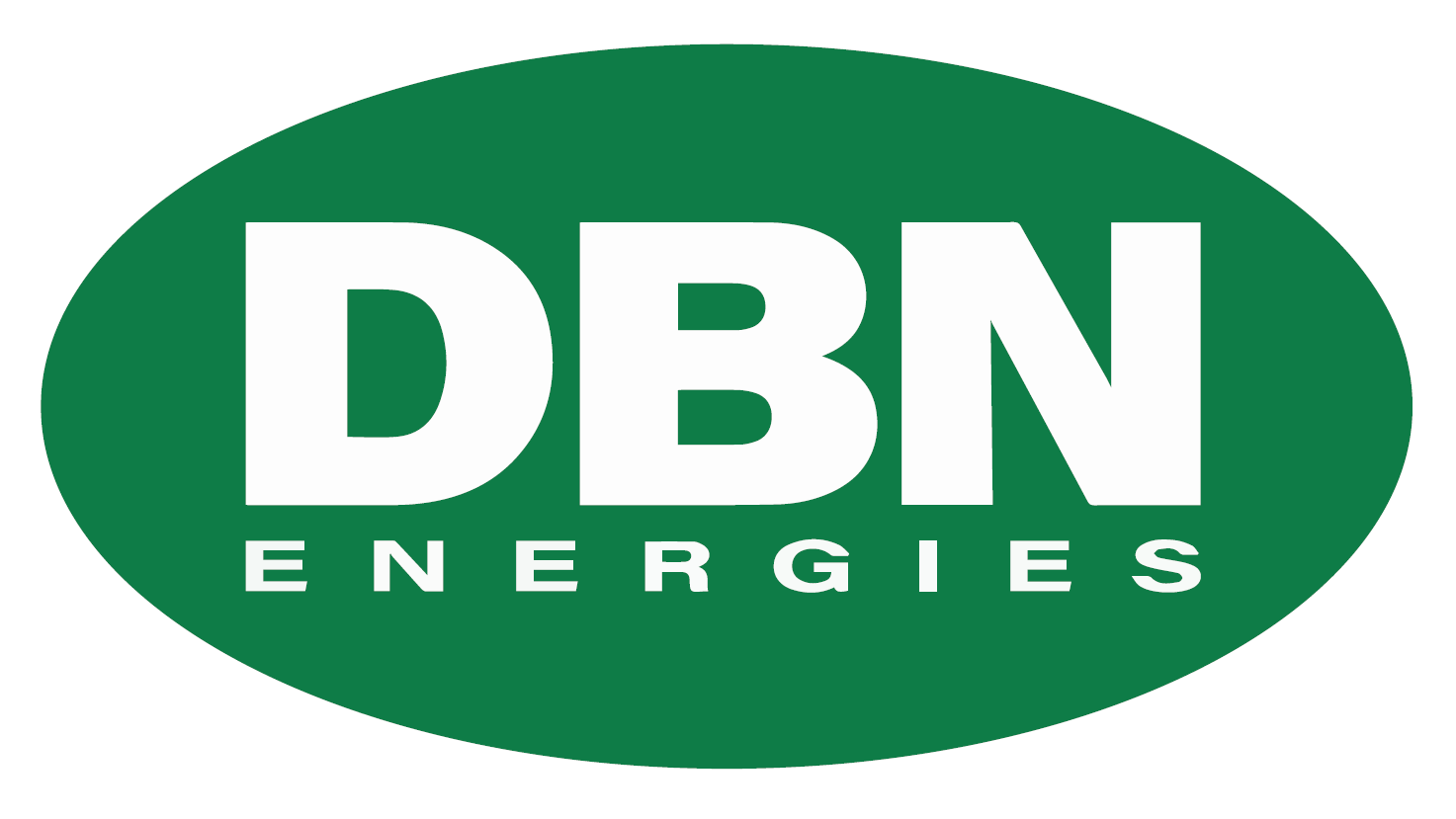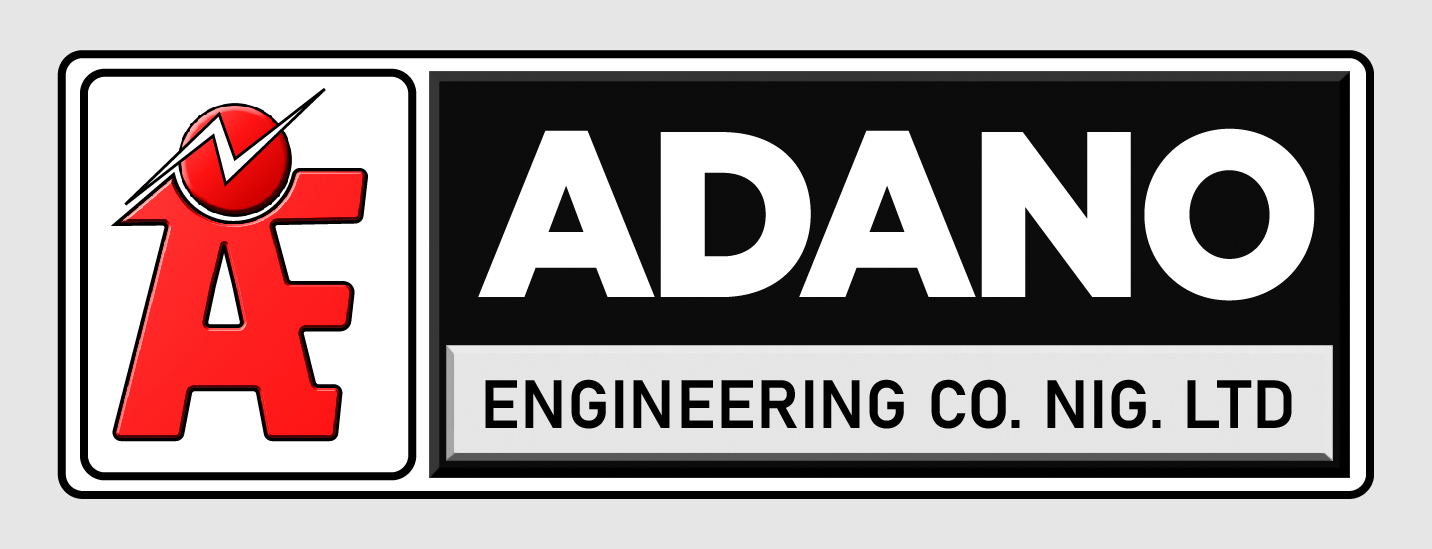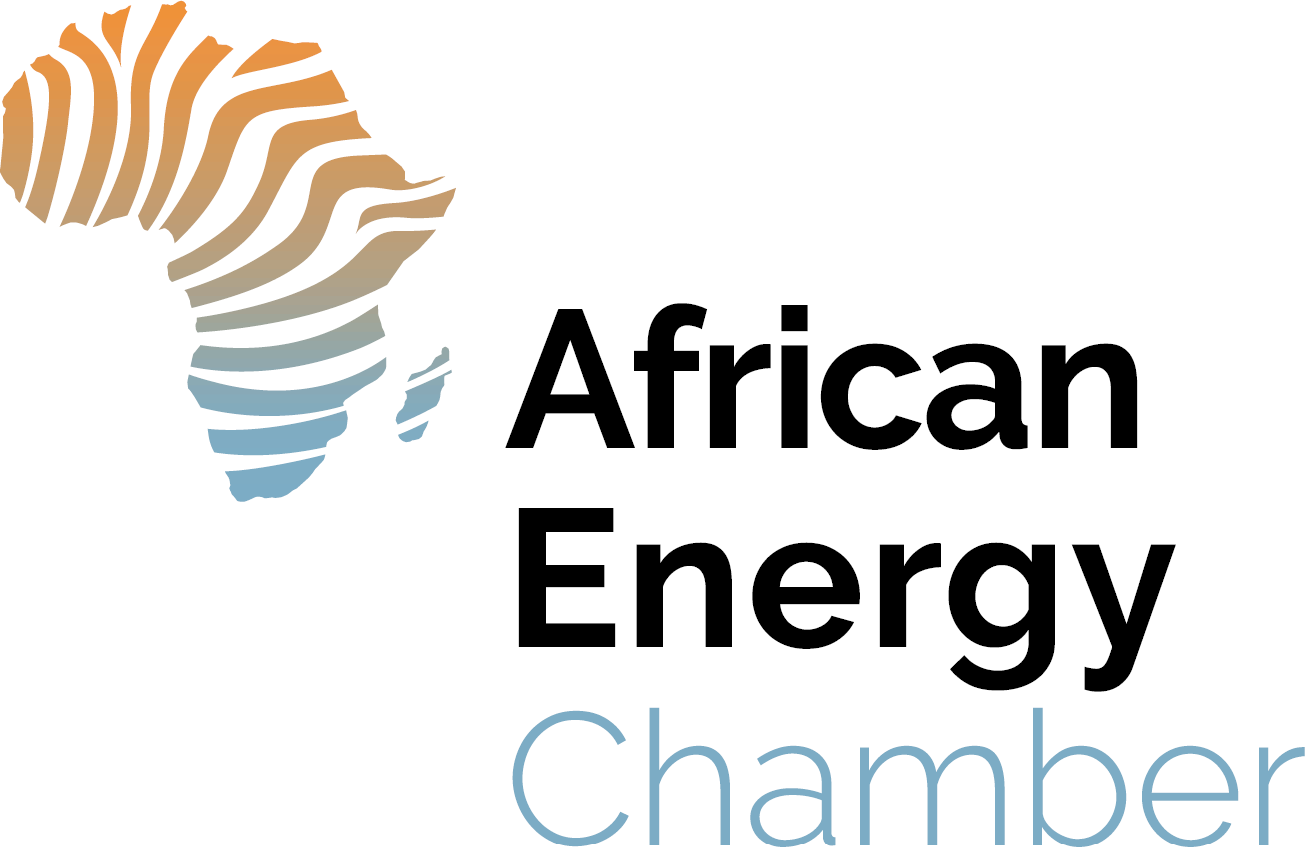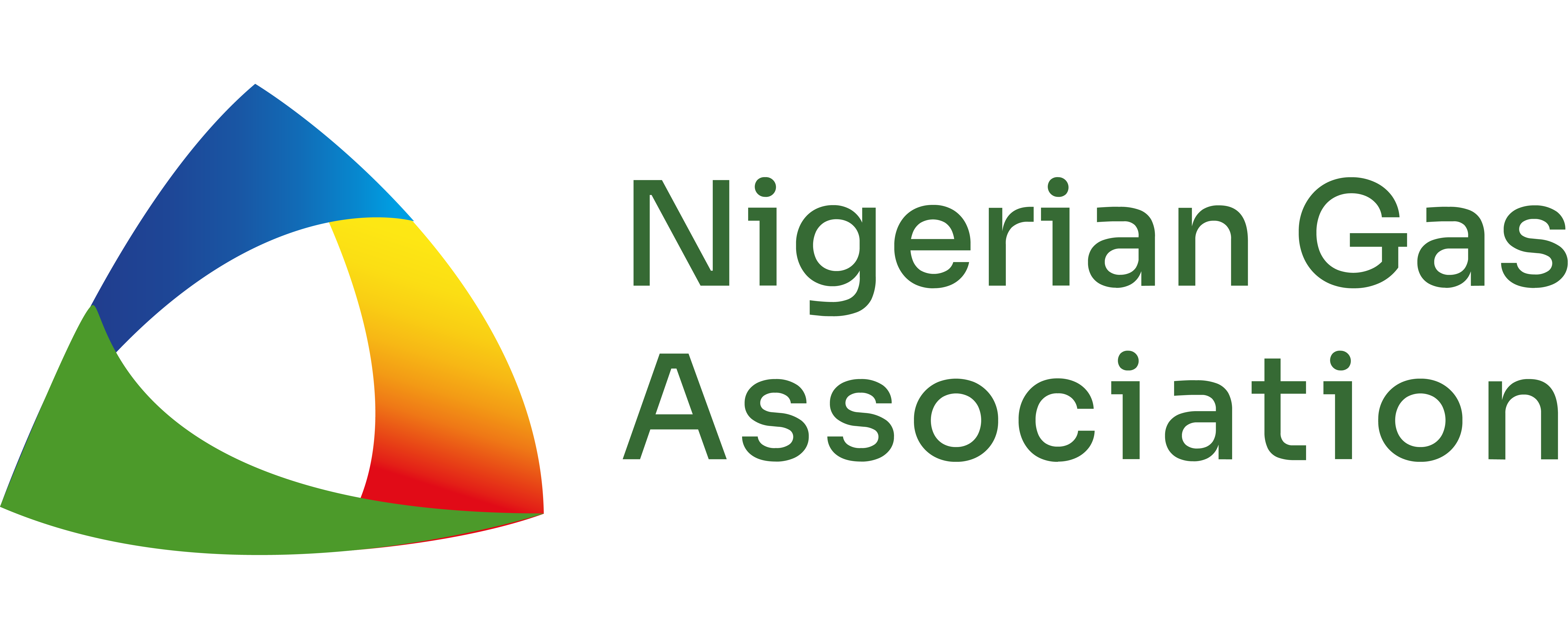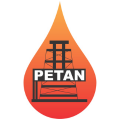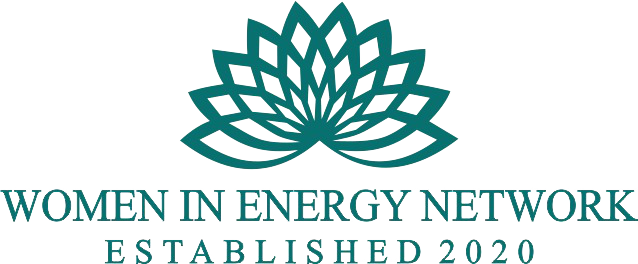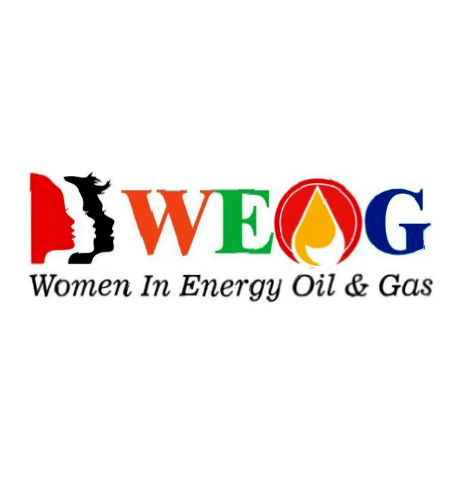Key stakeholders in the Nigerian oil and gas industry have expressed worries over the increasing rate of oil theft in the Niger Delta region.
The stakeholders who are mainly International Oil Companies (IOCs) stated their worries at the Nigeria Oil and Gas Conference and Exhibition, during a panel session on “The Future of Nigeria’s Energy Sector in the Petroleum Industry Act (PIA) Era.”
The Managing Director of TotalEnergies EP Nigeria Ltd., Mike Sangster, stated that crude oil theft has turned into an organised crime that costs Nigeria roughly $10 million per day in losses. He noted that addressing the lingering oil theft and vandalism of infrastructure would
require a concerted effort, and pointed out that the continued crude theft in the region was a much bigger issue than the host communities hostilities.
Citing the company’s activities on OML58, he said “Since February 24, we haven’t had any significant production from that field. “Some discussants made points earlier today that the security issue is a very concerning one and it’s a determinant of future investments.
“If I were to go to my board to try to convince them about future investments in Nigeria, it would be difficult. I mean, I wouldn’t be able to do that because we are not producing onshore.
“I can see figures in the press of about 100,000 bpd stolen, which, if you did the numbers at 100 US dollars per barrel, it comes to 10 million US dollars daily! Now NNPC has 58 per cent in the JVs; and when you consider company tax of about 35 per cent, that’s a huge loss for the nation.
“I recommend that everyone needs to put hands together for a long-lasting solution to crude oil theft once and for all. Having incentives to stop vandalism is a good idea but there has to be more. The Host Community Trust Fund alone won’t solve it.”
Sangster disagreed that penalties would be a deterrence to gas flaring. On the part of TotalEnergies, he said the company already has its own internal mechanism to continually curb its carbon footprint.
He, however, heaped praises on PIA, particularly the creation of the Host Community Fund, as a step in the right direction, noting that the Act will offer reliable foundation for investment.
Despite its shortcomings, Sangster said that PIA would nevertheless provide stability in the industry’s operations. He said: “It is not perfect, no; we need other regulations to make the PIA fit for its purpose, but it is a stable base for investment.”
in his view, Investors would come, as soon as the Act is able to provide political stability, security, contract sanctity, and fiscal regime stability. He explained that the Act gives operators a place to turn to in the event of difficulties. To change negative perceptions about Nigeria, he
asked stakeholders to be consistent with their statements.
Sangster urged the government and industry stakeholders to find a lasting solution to the issue of vandalism to make Nigeria an attractive investment destination for oil and gas companies.
 the Managing Director of Chevron Nigeria, Richard Kennedy
the Managing Director of Chevron Nigeria, Richard Kennedy
Also speaking, the Managing Director of Chevron Nigeria, Rick Kennedy, said that the institutionalization of the PIA will establish a defined role for the industry stakeholders moving forward.
According to Kennedy, who is also the Chairman of the Oil Producers Trade Section (OPTS), the conventional oil and gas industry is crucial to Nigeria’s energy transition.
On his part, the Managing Director of Shell Petroleum Development Company (SPDC) and Country Chair, Shell Companies in Nigeria, Osagie Okunbor, said that the huge oil losses brought on by crude theft has led to Nigeria’s daily oil production dropping from 1.8 million
barrels per day to just a little above 1 million bpd.
“Two of our most important pipelines in this country today are shut down with hundreds of thousands of barrels a day shut-in.
“It is a fact that the issue of theft, whether as a standalone or as the basis for us to meet our OPEC quota is an existential threat for this industry” he said.
Okunbor noted that even though the PIA has its flaws, it has given operators in the industry some level of assurance over their business activities.
The conference, which held from July 4-7, 2022 with the theme, “Funding the Nigerian Energy Mix for Sustainable Economic Growth” was orgarnised by dmg Event.










